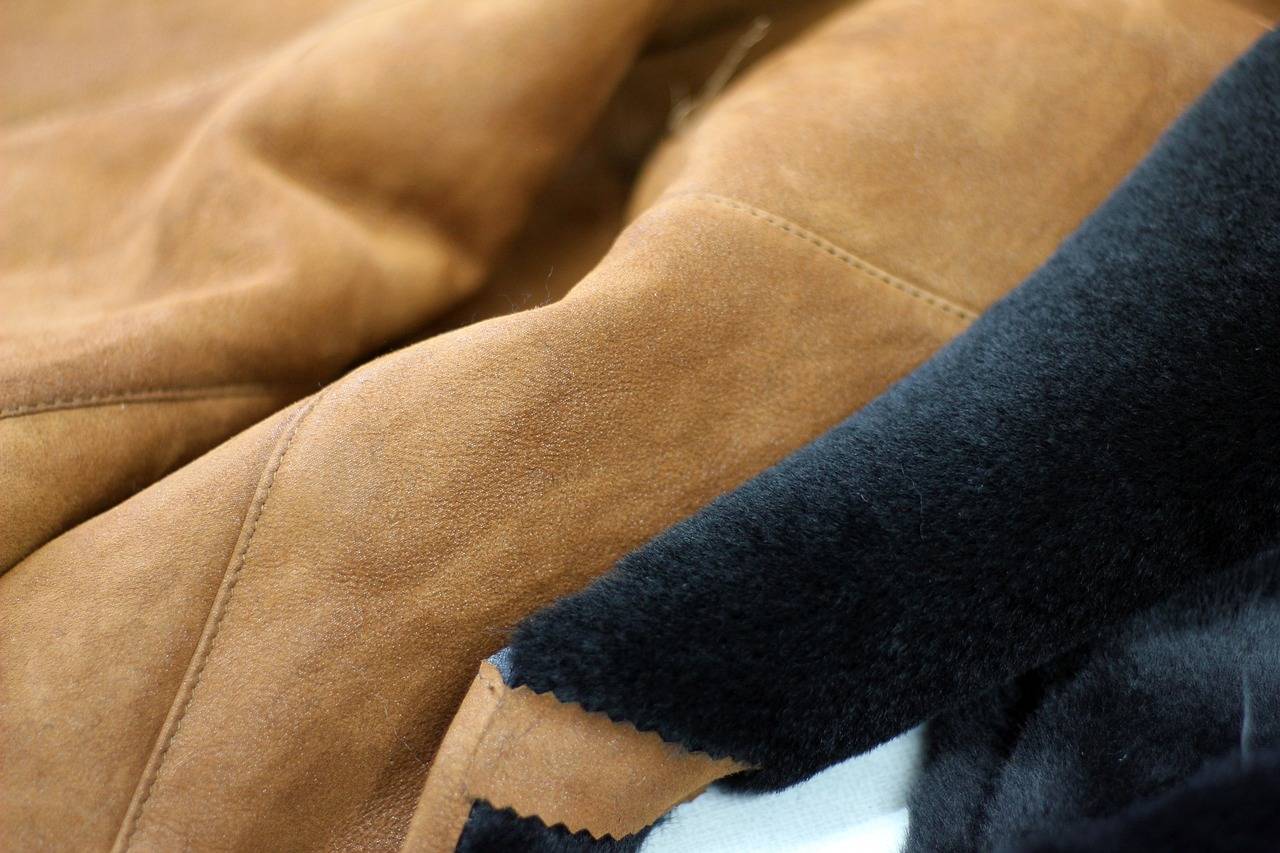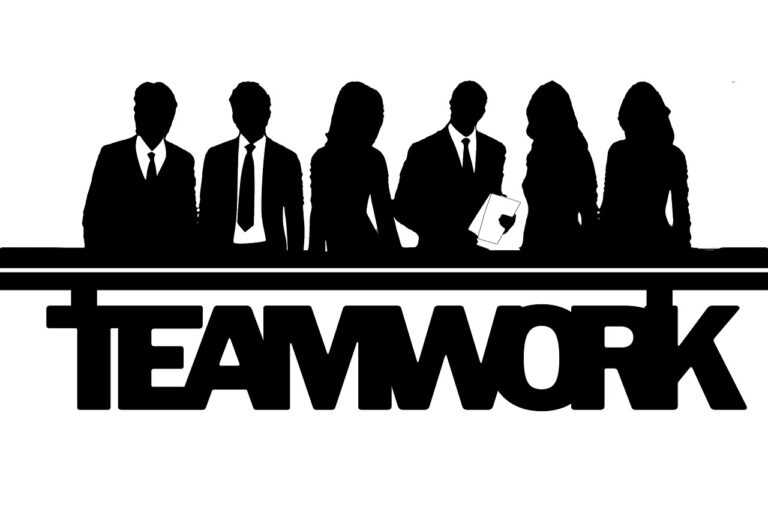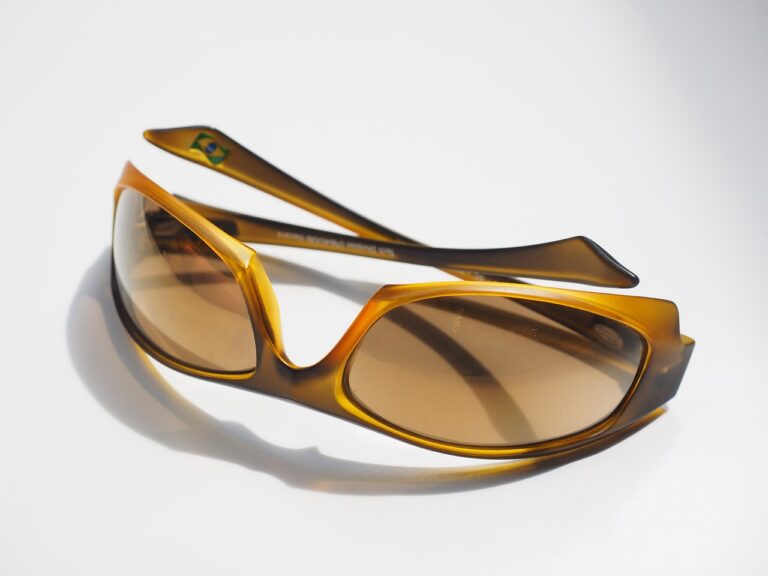Fashion Events Post-COVID: Navigating the New Normal: Betbhai9 login, Radhe exchange registration, 99 exchange
betbhai9 login, radhe exchange registration, 99 exchange: With the world slowly but surely emerging from the grip of the COVID-19 pandemic, the fashion industry is cautiously looking towards the future and planning for a new normal. Fashion events, once the staple of the industry’s calendar, have been disrupted and transformed by the global health crisis. As designers, brands, and fashion enthusiasts navigate this new landscape, they are faced with a range of challenges and opportunities.
Adapting to Change: Virtual Events
One of the most significant shifts in the fashion events industry post-COVID has been the rise of virtual events. With in-person gatherings restricted or prohibited due to health and safety concerns, brands and organizers have had to get creative in how they showcase their collections and engage with their audience. Virtual fashion shows, presentations, and panels have become the norm, allowing participants to connect from the comfort and safety of their own homes.
The Benefits of Going Digital
While virtual events may lack the energy and excitement of in-person gatherings, they offer a range of benefits that are worth considering. For starters, they are more accessible to a global audience, opening up new opportunities for brands to reach a wider market. Virtual events also tend to be more cost-effective, eliminating the need for expensive venues, travel, and accommodation.
However, there are challenges to overcome as well. Technical issues, including poor internet connections and glitchy streaming platforms, can detract from the overall experience. Additionally, the lack of face-to-face interaction can make it harder to forge personal connections and network effectively.
Hybrid Events: Bridging the Gap
As restrictions ease and in-person events become feasible once again, many in the fashion industry are looking towards hybrid events as a way to bridge the gap between virtual and physical experiences. Hybrid events combine elements of both, allowing participants to choose between attending in person or joining online.
This hybrid model offers the best of both worlds, combining the accessibility and cost-effectiveness of virtual events with the energy and engagement of in-person gatherings. It also provides a level of flexibility that can accommodate the varying needs and preferences of different participants.
Health and Safety Protocols
Of course, the health and safety of participants must be a top priority when planning any fashion event post-COVID. Strict protocols, such as temperature checks, hand sanitizing stations, and social distancing measures, will likely remain in place for the foreseeable future. Organizers may also need to limit the number of attendees, rearrange seating arrangements, and implement contactless registration and ticketing systems to ensure a safe and comfortable experience for all.
Sustainability and Ethical Considerations
The fashion industry has long grappled with issues of sustainability and ethical practices, and the pandemic has only underscored the need for greater accountability and transparency. As fashion events evolve in the post-COVID era, there is a growing emphasis on sustainability, from the materials used in collections to the production processes and supply chain logistics.
Brands that prioritize sustainability and ethical practices are likely to resonate more with consumers and industry stakeholders, as the demand for responsible fashion continues to grow. Fashion events can be a platform for showcasing and promoting these values, from hosting discussions on sustainable fashion to featuring collections that adhere to eco-friendly principles.
The Future of Fashion Events
As the fashion industry emerges from the challenges of the COVID-19 pandemic, it is clear that the landscape of fashion events has been permanently altered. Virtual and hybrid events are likely to remain a fixture in the industry, offering new possibilities for engagement and reach. Health and safety protocols will continue to be a priority, as organizers work to create safe and inclusive spaces for participants. Sustainability and ethical considerations will also play a significant role, shaping the future of fashion events and reflecting the values of an increasingly conscious consumer base.
FAQs
Q: What are some of the key challenges facing the fashion events industry post-COVID?
A: Some of the key challenges include adapting to virtual events, ensuring health and safety protocols, and addressing sustainability and ethical concerns.
Q: How can brands and organizers navigate the new normal of fashion events?
A: Brands and organizers can adapt to virtual and hybrid models, prioritize health and safety protocols, and incorporate sustainability and ethical practices into their events.
Q: What are the benefits of virtual events for the fashion industry?
A: Virtual events offer increased accessibility, cost-effectiveness, and global reach for brands and designers.







